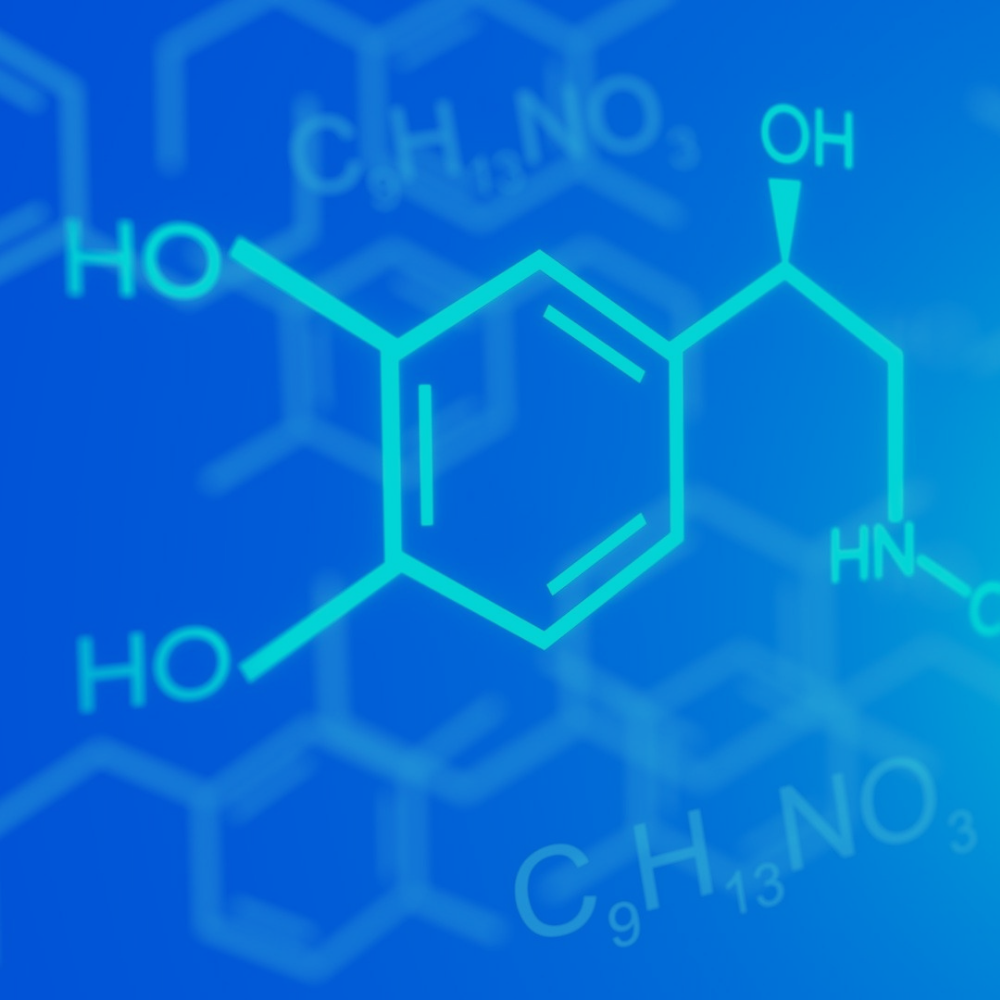

a. Prof. Akhmaloka b. Prof. Fida Madayanti Warganegara c. Dr. Dessy Natalia d. Dr. Rukman Hertadi e. Dr. Enny Ratnaningsih f. Dr. Ihsanawati g. Dr. Made Puspasari Widhiastuty h. Dr. Yanti Rachmayanti i. Dr. Fifi Fitriyah Masduki j. Reza Aditama, SSi MSi
To support ITB as Entrepreneurial University, KK is the leading guard in conducting and developing research, community service, and innovation. Biochemical KK, FMIPA, ITB is a collection of lecturers and researchers involved in biosains education and research to understand life at the molecular level. So far, research conducted by KK members is individuals whose results are clear and contribute greatly to the progress of the faculty and ITB both in the form of publications in international journals, high-value biomolecules, and patents. The power of Biochemical KK is inseparable from the strength of the individual in it. However, in the long term individual strength is not enough. The cooperation with the team, especially within the internal KK, in a shared research activity also needs to be improved. The Research Program, Community Service and ITB Innovation (P3MI-ITB) is the first program of ITB which is intended to strengthen KK institutions. Through this program, Biochemical KK will start by strengthening the research foundation through shared research activities associated with coaching young lecturers. The definition of young lecturers here is a lecturer with the highest academic position of literature). At present, Biochemical KK staff consists of 3 professors, 3 head lecturers, 2 lecturers, 1 assistant expert, and 2 have not received a position. This is a unhealthy distribution of positions. In terms of academic positions, there are differences in large gaps in the quality of human resources in the position of Lower Lektor Position (5 staff) who have not shown acceleration in research performance, community service, and innovation. According to existing data, these weaknesses are lacking in adequate scientific publication even though each individual has its own research funds. Therefore, the shared research in the KK scope guided by professors and head lecturers is very important to do not only to increase the number of publications or patents but also to prepare a strong generation of researchers.
4 international publications (Q3) and 1 patent